Wearable health tech that’s a real life-saver
Wearable health tech goes far beyond the smartwatch, even as we continue to marvel at the things we can do with just a flick of the wrist. Medicine is trying to keep pace with the speed of technology, as breakthroughs make diseases more manageable and provide solutions to problems that have vexed healthcare for ages. These devices give us more control over our ailments and over our lives, making life just a little bit more manageable for the wearer.
GyroGlove
Parkinson’s and Essential Tremor patients can find even the simplest of tasks made difficult by shaky hands. Using a rapidly rotating – four times faster than a jet turbine – gyroscope, the GyroGlove provides a proportional pushback to steady the user’s hands instantly. Not only can patients then do the simple tasks like holding a cup of coffee, they can do more complex work like needlepoint and calligraphy without missing a beat.
Philips Biosensor BX100
The single-use wearable health tech patch lasts five days, during which time it monitors a patient’s heart rate, respiratory rate, movement, and temperature. An Augusta University Medical Center study showed that wearers of the biosensor had a nearly 90% reduction in their chances of preventable cardiac or respiratory arrest. “The biosensor is an integral component in our patient deterioration detection solution, which helps aid in the identification of the subtle signs of deterioration in a patient’s condition at the point of care, hours before a potential adverse event would occur,” Philips’ chief medical officer Peter Ziese said.
Jabra Enhance
These aren’t your grandpa’s hearing aids (unless, of course, you’re a dutiful grandchild who sent him a pair). The Bluetooth-enabled wearable health tech provides 360-degree sound and an on-call audiology team via app. Smart microphones deliver more natural sound, and the SoundScape microchip give true depth of sound, enabling users to pick up subtle details in conversation and accurately perceive the source of sounds.
My Skin Track UV
The beauty and skincare experts at L’Oréal’s La Roche-Posay devised this piece of wearable health tech that monitors a user’s exposure to UV light. It sends alerts when the wearer is approaching their daily limit to UV and also provides real-time updates on the humidity, pollen, and pollution levels. The app provides suggestions on mitigating any potential harmful effects based on the user’s skin type.
FreeStyle Libre
Diabetes patients can monitor their glucose levels easily and without the pain and annoyance of a finger prick every time with these sensor streams that measure blood glucose levels every minute. One monitor lasts 14 days, and helps lower A1c and reduces time in hypoglycemia. The Libre 3 system allows users to share data with loved ones so they can be alerted in case of an emergency.
Ava bracelet
For wear during sleep, the bracelet tracks five physiological signals that indicate a woman is entering the most fertile days of her menstrual cycle. This helps couples become pregnant faster and more easily, and during pregnancy Ava Fertility provides trend analysis and week-by-week development updates. The bracelet is also useful for tracking cycles post-partum and measures health parameters such as temperature, sleep quality, physiological stress, and resting pulse rate.
Emfit Movement Monitor
This isn’t strictly speaking wearable health tech, as it goes under a mattress. But for the peace of mind it can give parents of epileptic children, it warrants inclusion on this list. The monitor detects even slight movements, sounding an alarm if they last for 10 seconds or more, indicating that the sleeper might be having convulsions and a possible seizure.
Omron HeartGuide
The first wearable blood pressure monitor, HeartGuide takes blood pressure measurements at the push of a button and can store up to 100 readings. The device looks just like a smartwatch, making it much more discreet than the clunky old cuff and monitor most of us are used to. Users can also set and track fitness goals and monitor sleep with HeartGuide, with tips on how sleep habits affect heart health.
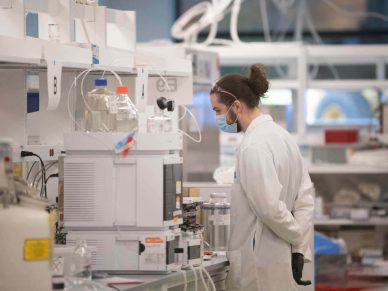




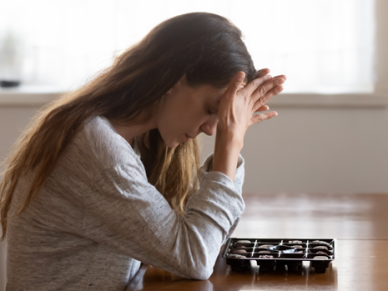

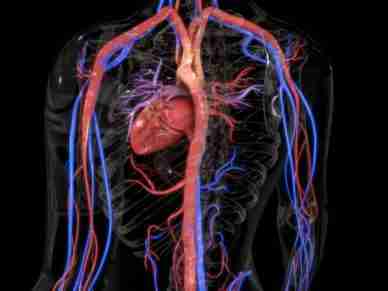

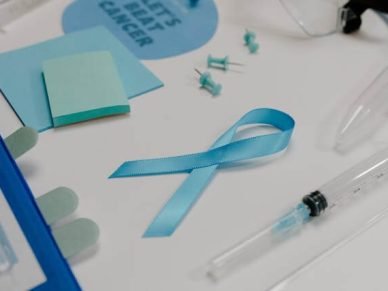

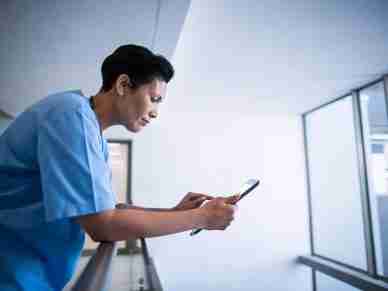




Leave a Reply